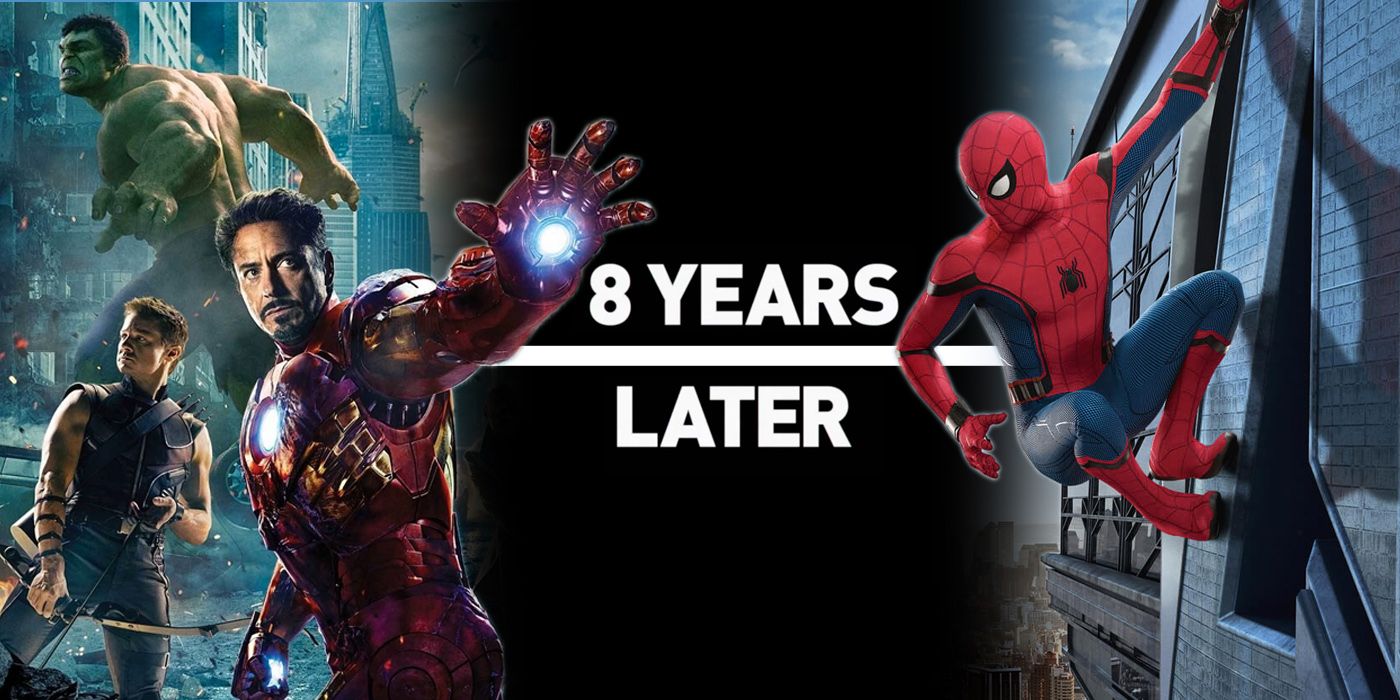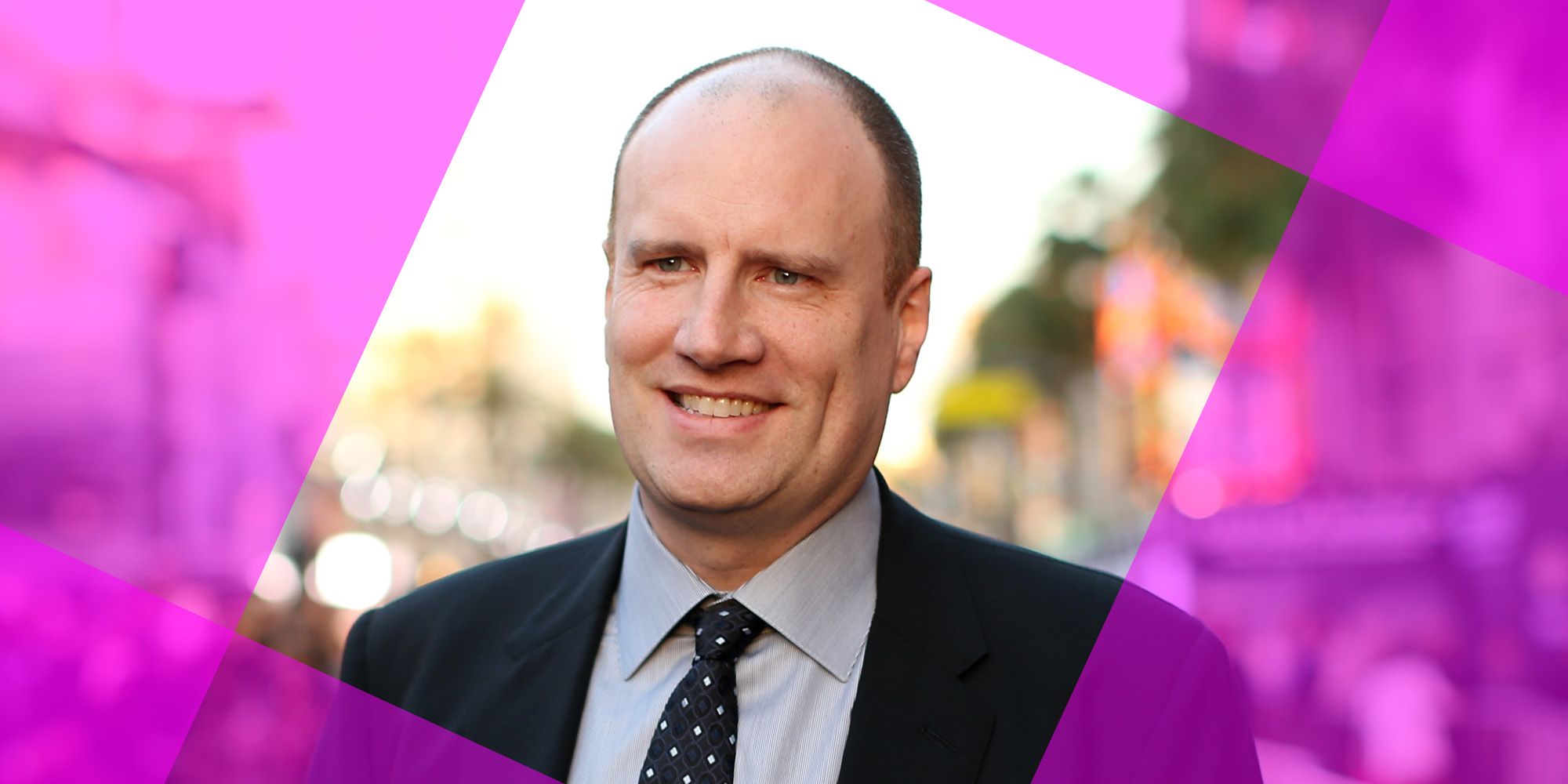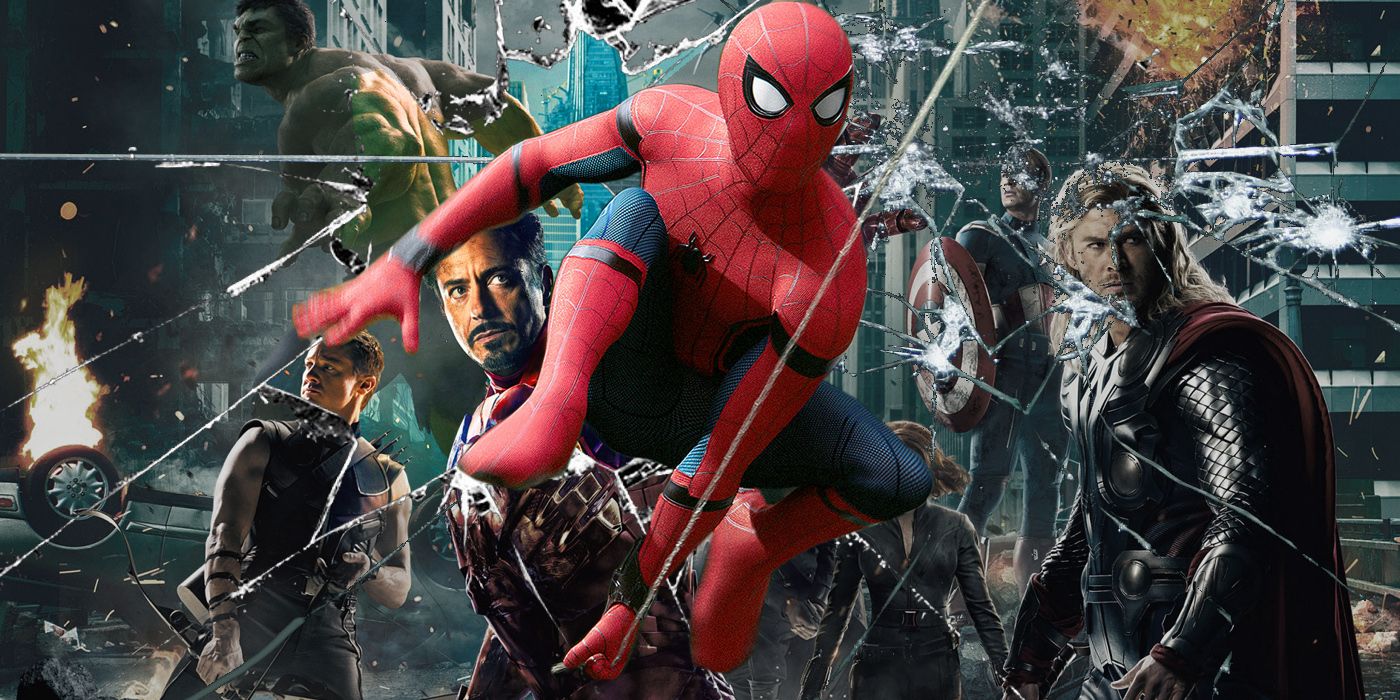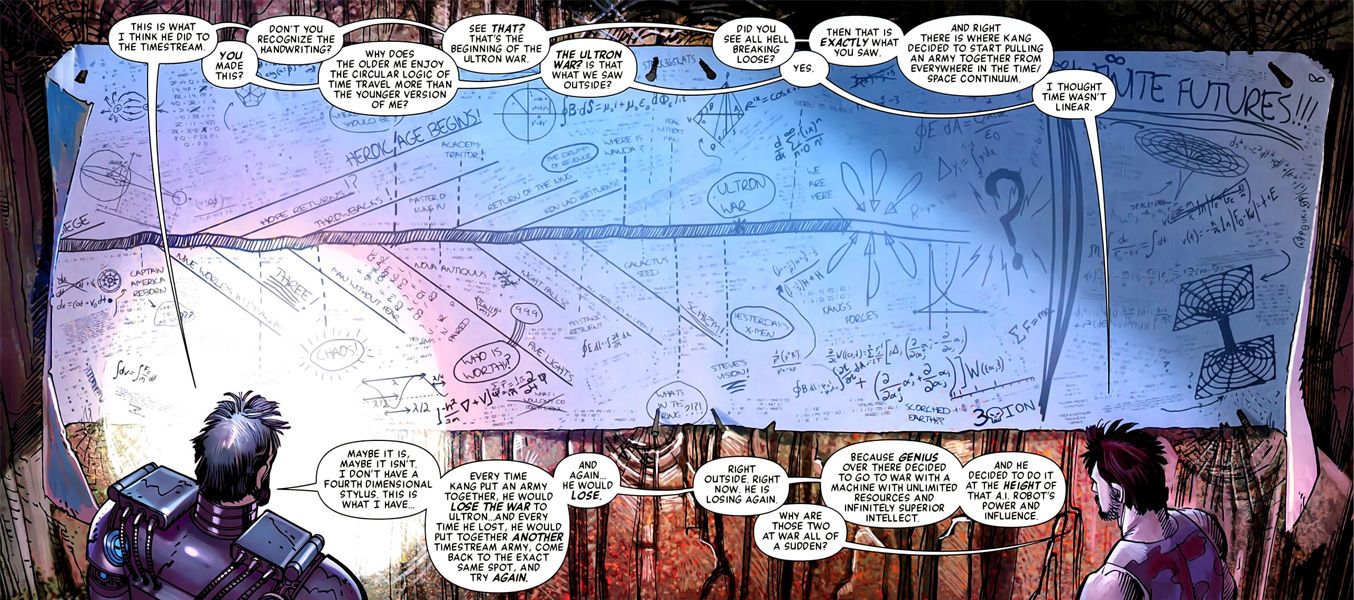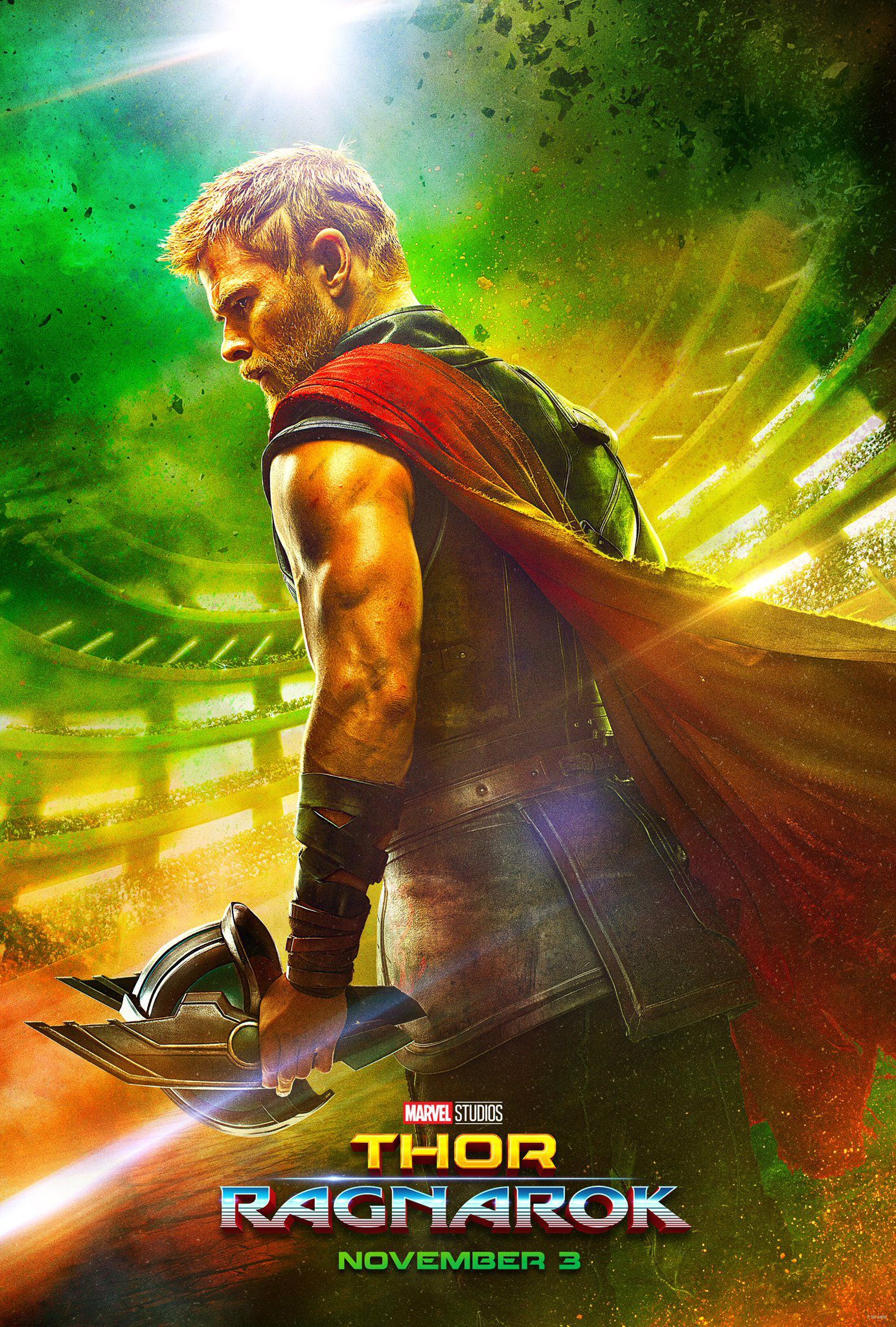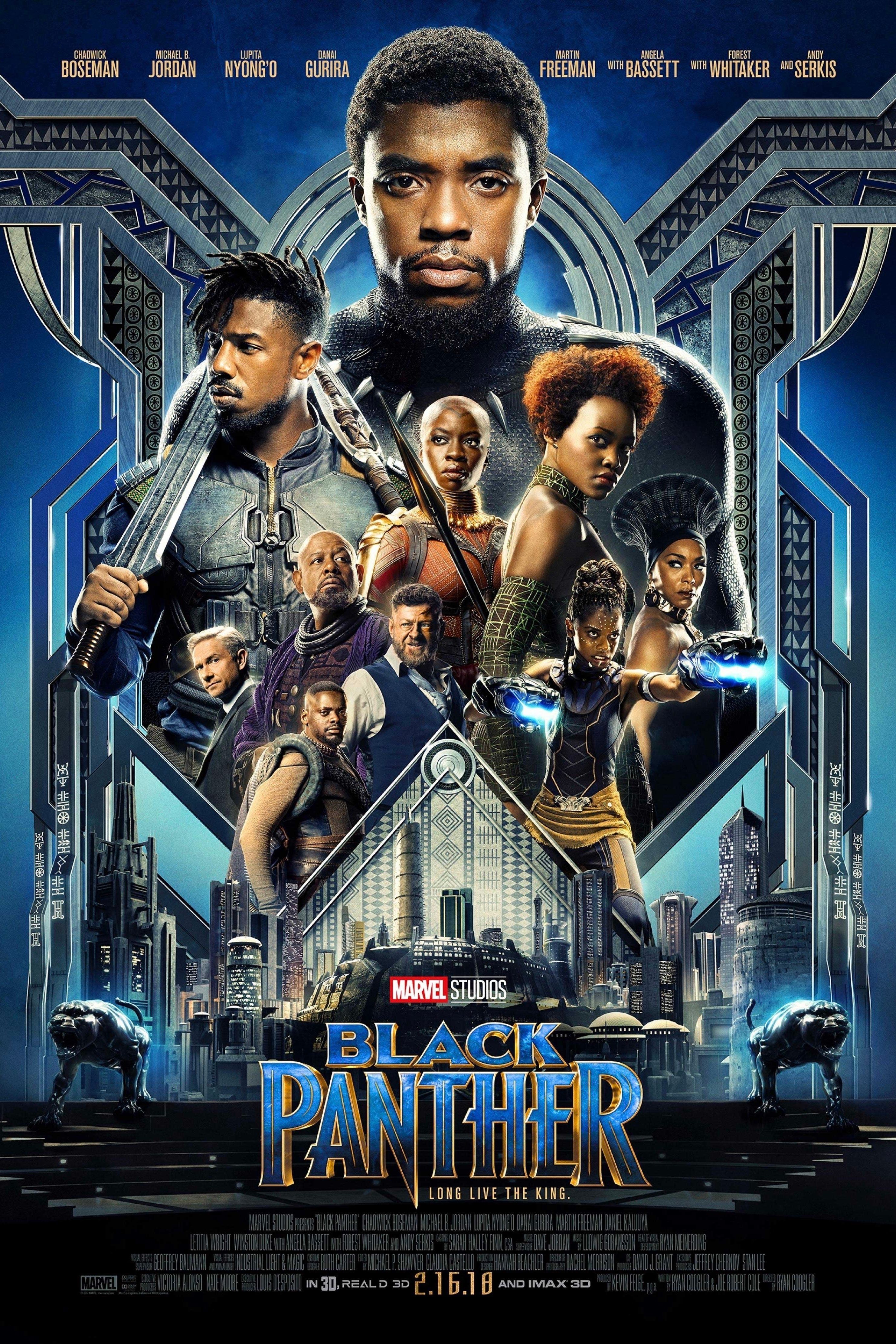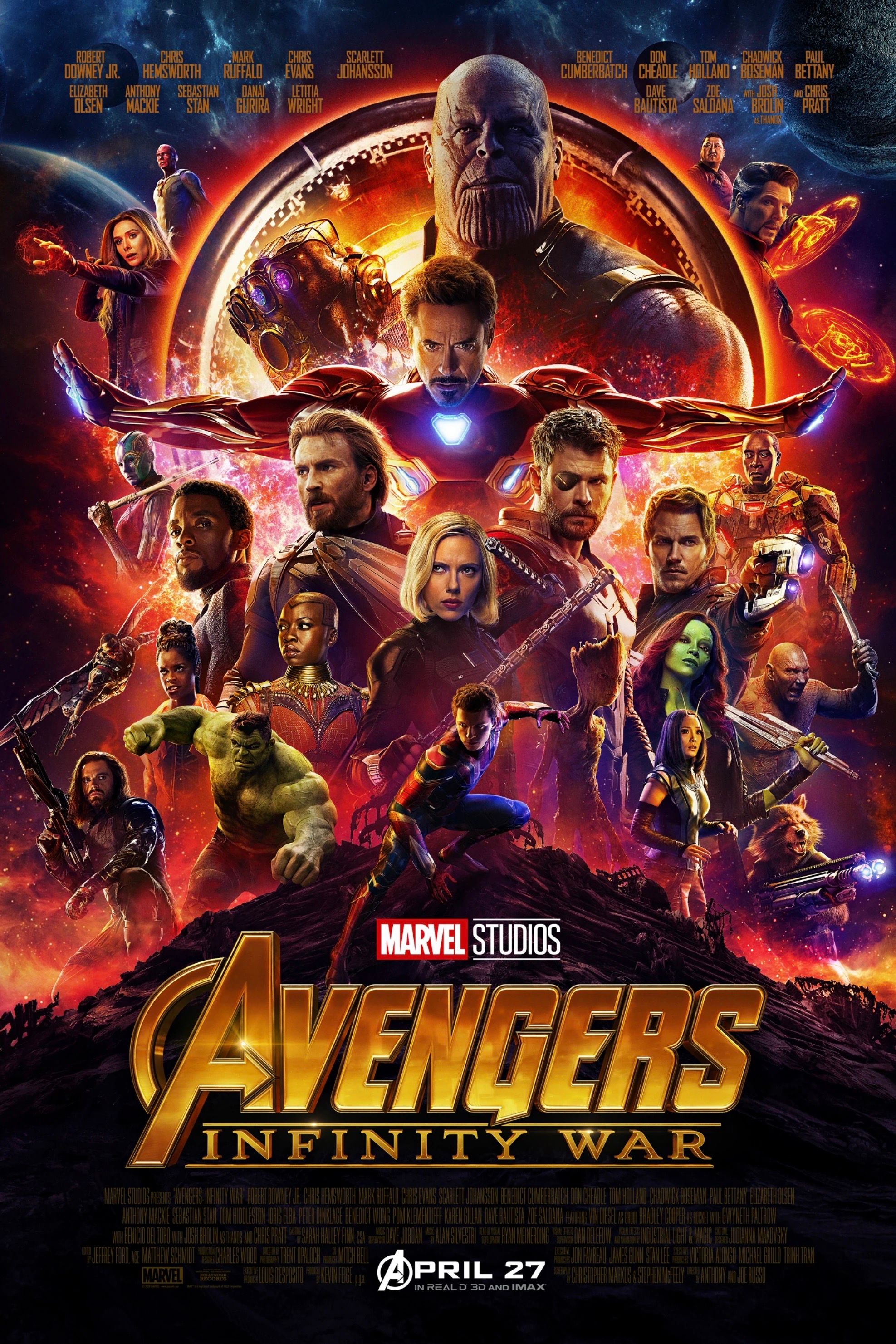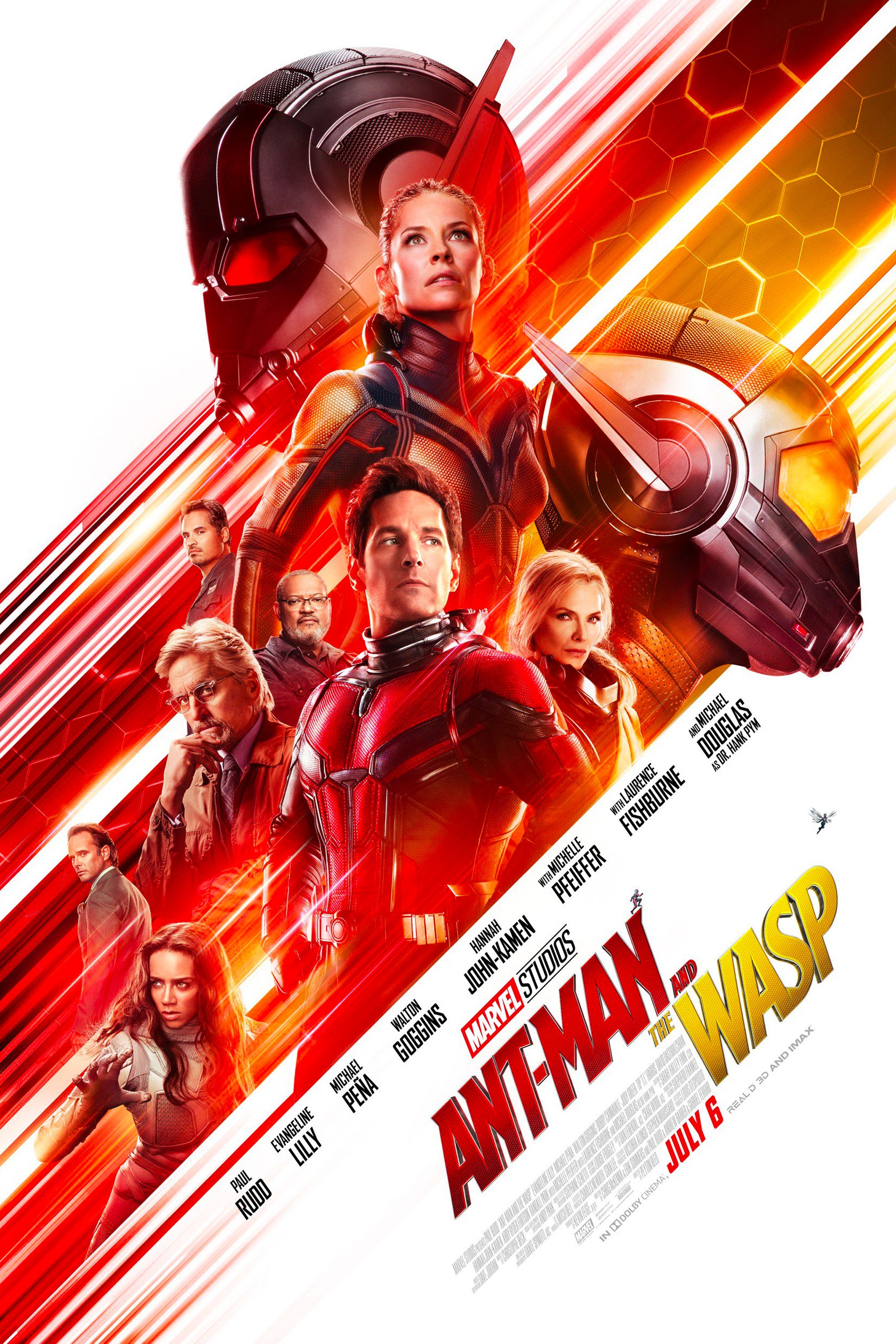The Marvel Cinematic Universe timeline is broken - that much is certain. And while Marvel Studios say they're going to fix it, is that even possible at this point?There's never been an official MCU timeline, but from information in the films, fans have been able to construct intricate and seemingly accurate versions. However, that's all begun to fall apart in Phase 3. First, Vision suggested Captain America: Civil War took place eight years after Iron Man - true in real time but flawed in-universe due to shifts in the early films (it's actually seven). Then Doctor Strange spanned years with seeming disregard to the wider Avenger antics (something Guardians of the Galaxy Vol. 2 continued). The whole thing was finally blown open by Spider-Man: Homecoming, where a text card stated it was set eight years after The Avengers, despite following on from Civil War and thus presumably being a mere four.
Read More: Spider-Man: Homecoming Breaks The MCU Timeline
Confused yet? You should be. As we outlined at the time, there's no simple way to consolidate the timeline without accepting either a great deal of contradictory retconning or that Homecoming made a knowing change just to allow their teenage characters be old enough to have properly grown up with Earth's Mightiest Heroes in the spotlight. But it sounds like Marvel are actually going to address it.
Speaking with Screen Rant, Kevin Feige said he's aware of the problems we and other were raising and that Marvel are working on releasing an official timeline to iron out any issues. That's all well and good, but what actually can their solution be? Let's use everything we know to try and crack the case.
Kevin Feige is Wrong - The Timeline Is Seriously Broken
First things first, it's worth responding to what Feige's said about fan perception of the timeline. In his conversations with us and other websites, the producer has claimed the confusion stems from an erroneous belief the movies take place somewhat in real time. As he puts it, "I think people assume that whenever the movie is released is when is when the movie is taking place, and that is not the case."
Now that is a common assumption by fans, although it isn't as baseless as the producer makes it sound; in fact, it's what Marvel has repeatedly said. Scarlett Johansson once stated that The Winter Soldier took place two years after The Avengers and the Russo brothers that Civil War was two years after that. Feige himself even played into this, confirming Guardians of the Galaxy Vol. 2 (set in 2014) has a four-year gap before Avengers: Infinity War (placing that film in its release year). As far as we're concerned, the official line from Marvel has been that, unless a detail requires a date shift (such as Iron Man 3, released in May but taking place over Christmas), a movie is set around its time of release.
Related: Thor 3 Makes The Broken MCU Timeline Even More Confusing
But even if that wasn't the case, the dating goes beyond what's said in the real world. When we constructed our timeline to highlight the Homecoming plot hole, we did so entirely off in-movie context; whether it's lines or easter eggs, the movies are connected in an intricate web with little leeway. Listing every movie is tricky, but for the sake of Spider-Man argument, Homecoming is set a few months after Civil War, which is a year after Age of Ultron, itself a year on from The Winter Soldier. There's nothing in-film to say Captain America 2 is explicitly two years after The Avengers, but to not have that leaves a massive gap after Thor: The Dark World and further complicates the Guardians/Infinity War placement. In short, Feige's movies contradict what Feige is now saying.
Of course, the point Feige's trying to make in a less pedantic way, and indeed has been when discussing that Infinity War connection, is that Marvel doesn't obsess too much over the minutiae and aims to keep focus on strong, individual stories; the micro-continuity that made Phase 1 so thrilling is needless in the sprawling mega-universe they're now working with. That's somewhat acceptable if the resulting movies are good but will make fixing the timeline tricky. Allow us to show just how much.
What Will Marvel's "Fixed" Timeline Actually Be?
Jon Watts said around the time of Homecoming's release that Marvel Studios actually had a full timeline scroll. While there's no reason to doubt him, the fact his movie introduced a major flub to said timeline suggests it's perhaps not as airtight as one would hope. So, while it's possible that when the official timeline is released it will be a simple translation of whatever already exists, due to so many inherent contradictions we're inclined to suggest instead that Marvel will construct a retconned version that undermines a variety of previous plot holes and create a new, overridden version.
That's how the movies already tend to operate: the most recent, overt instance of events is the truth. For example, while there was an Infinity Gauntlet in Odin's vault in Thor, that's been superseded in-continuity by Thanos getting his own golden glove from a different location in Avengers: Age of Ultron. This is somewhat similar to the comics' sliding timeline, where up until 2015 all Marvel continuity from 1962 onwards was said to have occurred in "the last ten years". There it was mainly maintained by shifting events - Iron Man was originally the product of Vietnam, now Tony Stark was injured in Afghanistan - but the movies have been unclear about specifics and, because time seems to pass normally, it's hard to quantify where things adjust. This means any solution will be a squinting one - it makes sense only if you don't overthink it - and the focus is on the big picture.
Further, from Feige's comments about Star Wars' timeline pivoting around the events of the original film - time is measured Before the Battle of Yavin (BBY) and After the Battle of Yavin (ABY) - we can assume Marvel's timeline will be told not in calendar years but time since the original Iron Man. Even though Guardians of the Galaxy technically locks things in place (it's 2014 and so Infinity War is 2018), this means real-world context is unlikely to be a factor and instead the MCU exists in its own bubble.
Our Proposed Fixed Timeline
With that ethos in mind, we've tried to crack what this fresh, new timeline could look like:
IM: Most of Iron Man
IM+1: End of Iron Man (early), Iron Man 2, The Incredible Hulk, Thor (middle), The Avengers (end)
IM+2: Iron Man 3 (Christmas)
IM+3: Thor: The Dark World
IM+6: Guardians of the Galaxy (early), Guardians of the Galaxy Vol. 2 (late)
IM+7: Captain America: The Winter Soldier, Doctor Strange (start)
IM+8: Avengers: Age of Ultron, Ant-Man
IM+9: Captain America: Civil War, Spider-Man: Homecoming, Doctor Strange (end)
IM+10: Thor: Ragnarok, Avengers: Infinity War
And now our working. The only way to get around the Civil War/Iron Man and Homecoming/Avengers plot holes (both sets are said to be eight years apart, the major contradictions motivating a timeline restructure) is to push the entirety of Phase 1 as early as possible and have the end of Iron Man, Fury's Big Week and The Avengers all occur in the same year, with Cap vs. Iron Man and Spidey vs. Vulture both occurring around about eight years after that. From there, you place Age of Ultron and Winter Soldier leading up to that, and as a knock-on effect Thor: Ragnarok slots in after. To keep the already stretched timeline short, you want Infinity War soon-ish after Civil War, although that could be pushed further depending on events in Ragnarok/Black Panther. From there you have Guardians and the rest of Phase 2 filling the gaps.
The end result squeezes Phase 1 into a short space of time and introduces a large gap in Phase 2, but addresses most of the key plot concerns Phase 3 has raised. Having Iron Man so early is obviously strange, the road to The Avengers is rushed, and there's an unfortunate gap where nothing major goes down, but from a present perspective, this works. You can shift Thor 2 to any point, and Winter Soldier and Age of Ultron can be a little earlier (if you don't mind stretching character's lines in movies), meaning that things a little more spread out, but this is overall the best fit.
-
Of course, we've still arbitrarily chosen to ignore once hard-fast timeline factors in movies. And that's why we have to conclude that, while it's good that Marvel are going to address the timeline issues, it's unlikely they'll be able to do it in a wholly satisfactory manner; for every recent big plot hole you avoid, another is created in the past.
Perhaps the solution is less about slotting the existing films into place than it is changing the puzzle. The MCU has never had a special edition, but perhaps it'd be just simpler to adjust that "Eight Years Later" title card?

